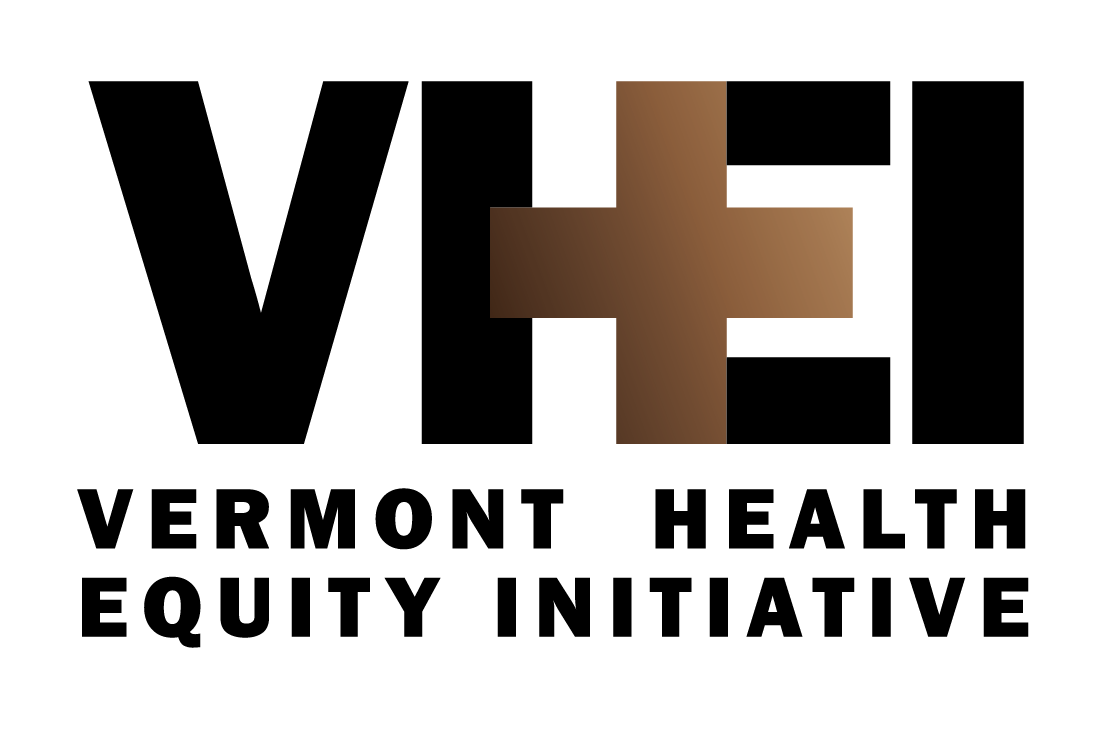RESOURCE LIBRARY
RESOURCE LIBRARY
Welcome to the Resource Library—your go-to hub for relevant policies, research, funding opportunities, and best practices to support long-term recovery efforts. This evolving collection connects you with the tools, insights, and resources, from Vermont and beyond, to help our communities rebuild stronger and more resilient. Whether you're looking for emergency aid, rebuilding strategies, or funding sources, you’ll find something helpful here. Check back often—we’re always adding new resources!
FEMA halts grant program that spent billions on disaster protection
As of April 2025, the cancellation of the Building Resilient Infrastructure and Communities (BRIC) grant program threatens Vermont’s ability to fund critical flood mitigation projects.
Vermont Rivers Program Research
Thorough and informative resource on civil engineering as it relates to projects that restore Vermont’s rivers and streams and mitigate the impacts of flooding.
Vermont 211 Struggled to Keep Up With a Deluge of Flood Calls
An article that highlights critical flaws in Vermont’s 211 disaster response system during the July 2023 floods, emphasizing how underfunding and poor communication left many flood victims without timely help.
Who qualifies for federal grants and loans?
Succinct overview of federal grants and loan qualifications since July 2023 floods, such as the US Small Business Administration loan is a federal loan that Vermonters, who do not have a small business, are eligible for.
Four Vermont policy changes after July 2023 floods (1/4)
Policy Change #1 As of July 2024, Vermont requires property sellers and renters to disclose if FEMA rated their property as high or moderate-risk flood zone
Flood Resilience & Equitable Recovery in Vermont
The Rowangould Lab surveyed Vermonters affected by the July 2023 floods. The lab’s goal was to build flood resilience by understanding the factors that contribute to short and long-term recovery as well as understanding the impact of floods on relocation and displacement.
I saw the Hurricane Helene response up close. This is how disaster relief actually works.
An article that discusses the roles of FEMA and community efforts in rollout of disaster relief in the wake of Hurricane Helene; how disaster response works; and how to respond better to the next disaster.
UVM Spatial Analysis Lab
The UVM Spatial Analysis Lab utilizes drones to evaluate flood damage across Vermont, with a focus on rural areas. In 2023, the lab received a grant to conduct geospatial analyses aimed at identifying the risk of drinking water contamination from the July 2023 flood, helping to better prepare for future events.
Resilient Vermont Network (RVT)
The Resilient Vermont Conference offers annual conference sessions devoted to the latest research efforts in building resilience. Researchers from Vermont institutions shared how their work has been developed in coordination with community partners and shared insight into how their research contributes to community resilience following disasters and extreme weather.
Vermont Monitoring Cooperative (VMC) Research
The Vermont Monitoring Cooperative (VMC) plays a crucial role in supporting flood resilience by providing comprehensive ecological data that informs floodplain management and response strategies. By analyzing historical flood data—especially the frequency, severity, and geographic impact—VMC helps identify vulnerable areas and guides targeted mitigation efforts across Vermont. This enhances the state's ability to prepare for and respond to future flooding events.
Vermont Agency of Natural Resources (ANR) Flood Hazard Mitigation Program
The Flood Mitigation Assistance (FMA) grant program funds states, local communities, tribes, and territories to reduce or eliminate the risk of repetitive flood damage to buildings and structures insured under the National Flood Insurance Program (NFIP)
Funding Opportunities
The Vermont Department of Public Safety has available grants and public assistance funds from Vermont Emergency Management.
Flood Mitigation in the Southeastern United States Operations
An article that discusses successful flood mitigation efforts in the Southeastern United States.
Long-Term Recovery Groups Help Communities Affected by Disaster
Overview of FEMA’s efforts in establishing LTRGs in Kentucky amid destructive winds, floods, and mudslides
For some Vermont flood survivors, FEMA was the second major disaster last year
Overview of shortcomings of FEMA in response to July 2023 floods
FEMA is out of cash, but they’re still covering some flood damages in Vermont
As of August 2024, FEMA cannot pay local and state government to fund infrastructure repairs because Congress has not yet passed a budget.
Long-Term Community Recovery Planning Process
Overview of responsibilities and workflow of long-term recovery groups
Do you rent? You may be more vulnerable to climate-driven disasters
An article that highlights the socioeconomic disparities faced by renters experiencing damage to homes caused by natural disasters.
Disasters and the rental housing community
An overview of key challenges in practice, policy, and evidence on the subject of renters and disaster continuum
University of Vermont (UVM) Flood Resilience Program
A program that funds 6 research projects on flood resilience





















